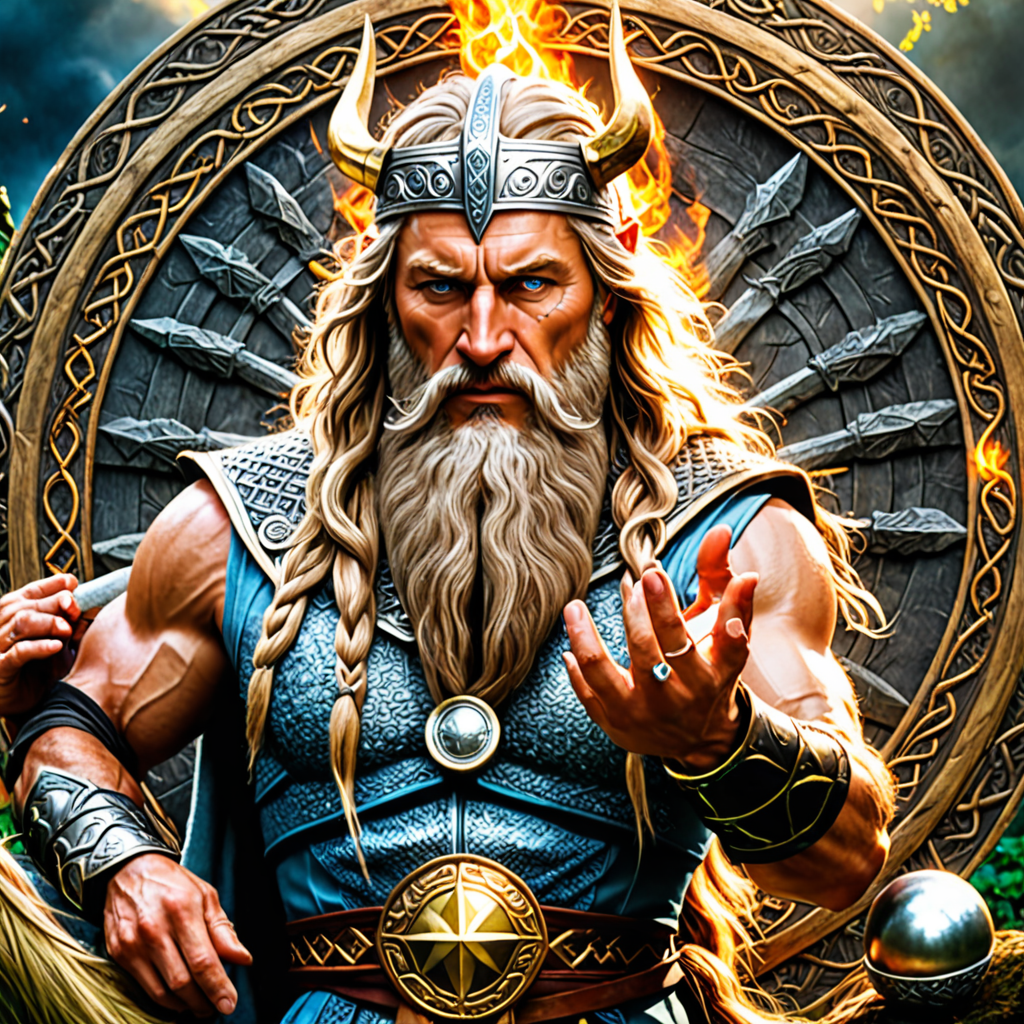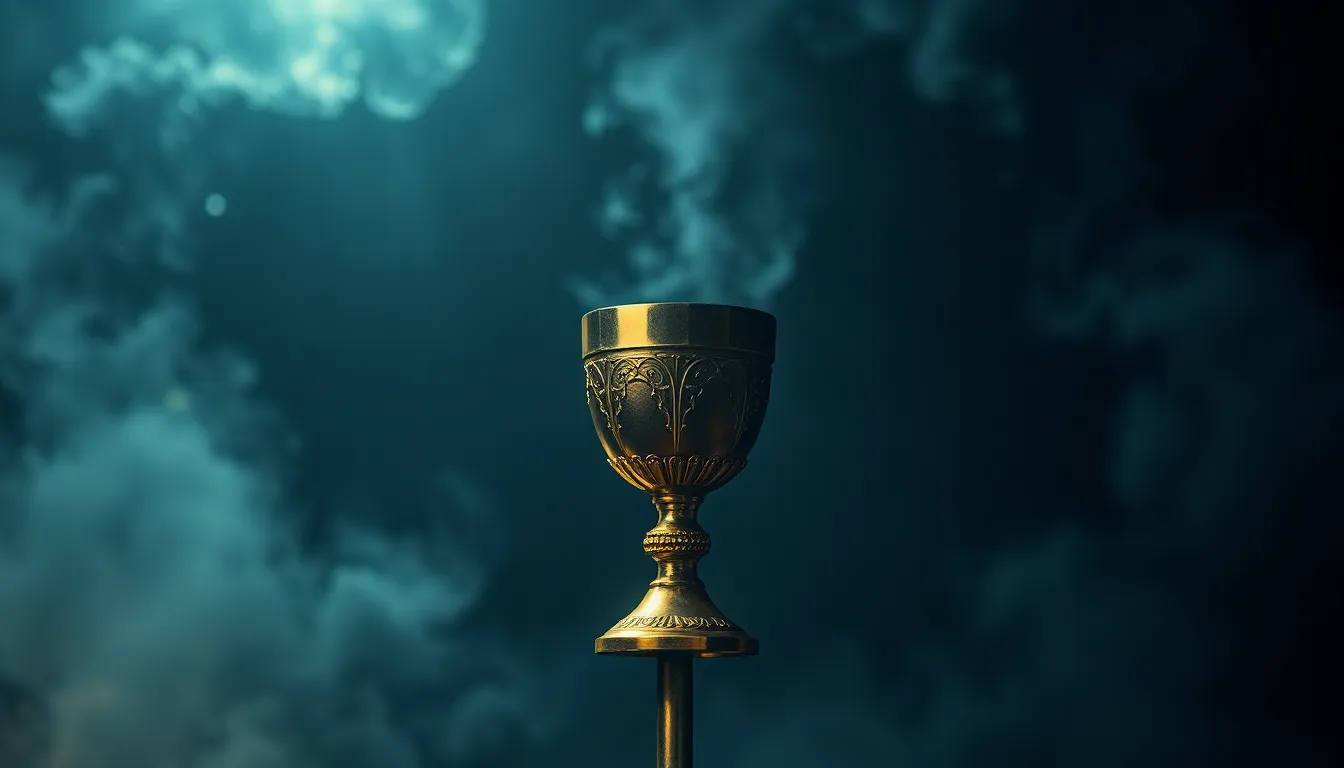The Influence of Norse Mythology on Norse Medicine and Healing Practices
The Connection Between Norse Mythology and Healing
In ancient Norse beliefs, healing was closely tied to the mythological stories of gods and goddesses. Norse mythology depicted powerful deities such as Odin, the Allfather, who possessed knowledge of herbal medicine and runes that could aid in healing. The Norse people believed that invoking the gods through rituals and incantations could bring about healing and protection from illnesses.
Rituals and Offerings in Norse Healing Practices
Healers in Norse society often performed rituals and ceremonies that incorporated elements of mythology. Offerings were made to deities like Freyja, associated with fertility and healing, seeking her blessing in curing the sick. The use of herbs, incantations, and charms was common in Norse healing practices, reflecting the mystical and spiritual aspects of their medicinal traditions.
Runes and Symbolism in Norse Healing
Runes, the ancient Norse alphabet with magical properties, played a significant role in healing practices. Healers would inscribe runes on objects or write them in incantations to invoke specific energies for healing purposes. Each rune was associated with a particular meaning and power, guiding the healer in addressing different ailments or invoking divine protection for the patient.
The Legacy of Norse Mythology in Modern Healing
While Norse mythology directly influenced ancient healing practices, its legacy persists in modern times. Some alternative healing methods, like runic healing or practices inspired by Norse mythology, continue to resonate with individuals seeking a connection to nature and spirituality in their healing journey. The archetypes of Norse gods and goddesses remain symbols of strength, wisdom, and healing, inspiring people to explore the holistic approach to well-being rooted in ancient myths.
FAQ About the Influence of Norse Mythology on Norse Medicine and Healing Practices
What role did Norse mythology play in shaping Norse medicine?
Norse mythology influenced Norse medicine significantly, with gods like Odin, the All-Father, associated with healing and knowledge. As myths were passed down, they intertwined with medical practices, herbal remedies, and rituals.
How did Norse mythology impact healing practices in ancient times?
Norse mythology provided a spiritual and cultural backdrop for healing rituals and practices. Runes, which were believed to carry magical qualities, were often used in healing ceremonies. Deities like Frigg, associated with healing and fertility, were invoked for blessings.
Were there specific gods or goddesses in Norse mythology linked to healing?
Yes, Norse mythology featured gods and goddesses associated with healing and medicine. For example, Eir, a goddess of healing, was often called upon for assistance in matters of health. Herbs and plants were also attributed with divine healing properties associated with various gods and goddesses.



